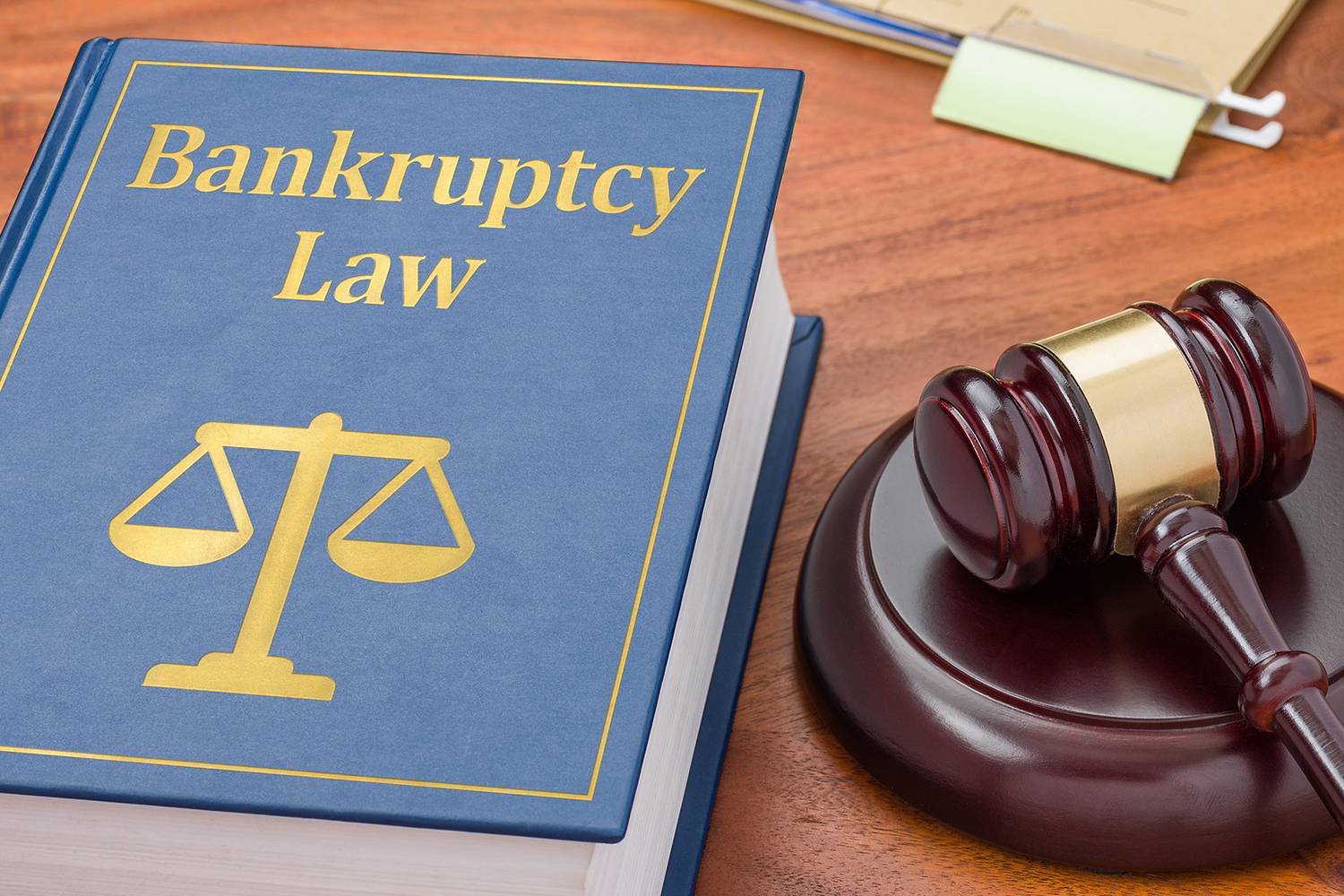Updates to the U.S. Bankruptcy Code may cause problems for landlords. Landlords should consider investing time in learning the new revisions to avoid any potential issues, specifically subchapter 5. Designated to streamline the process of chapter 11 bankruptcy for small businesses, Congress made revisions during the COVID-19 pandemic.
One major revision is the threshold for qualifying jumped from $2.7 million to $7.5 million. “The idea was to create an easier path for companies to reorganize,” Robert Dremluk, a partner in the New York City office of law firm Culhane Meadows Haughian & Walsh PLLC who specializes in bankruptcy cases.
Landlords are not specifically mentioned in the revisions, however, there are many positives that came from these updates. Primary among them is that small businesses are able to restructure their debts which means that a tenant may have a better chance of meeting their leasing obligations. He adds that Subchapter 5 paves the way for more small businesses to negotiate with landlords since some cash-strapped tenants previously found it too expensive to plow through the Chapter 11 bankruptcy process.
“Once those impediments go away, I think you’ll see an upsurge in the use of Subchapter 5,” Dremluk says. “I think a lot of small businesses that have hung on though COVID will see this as an opportunity to clean up their balance sheets, reorganize their business and go forward. But currently, the environment is not really suitable for that.”
